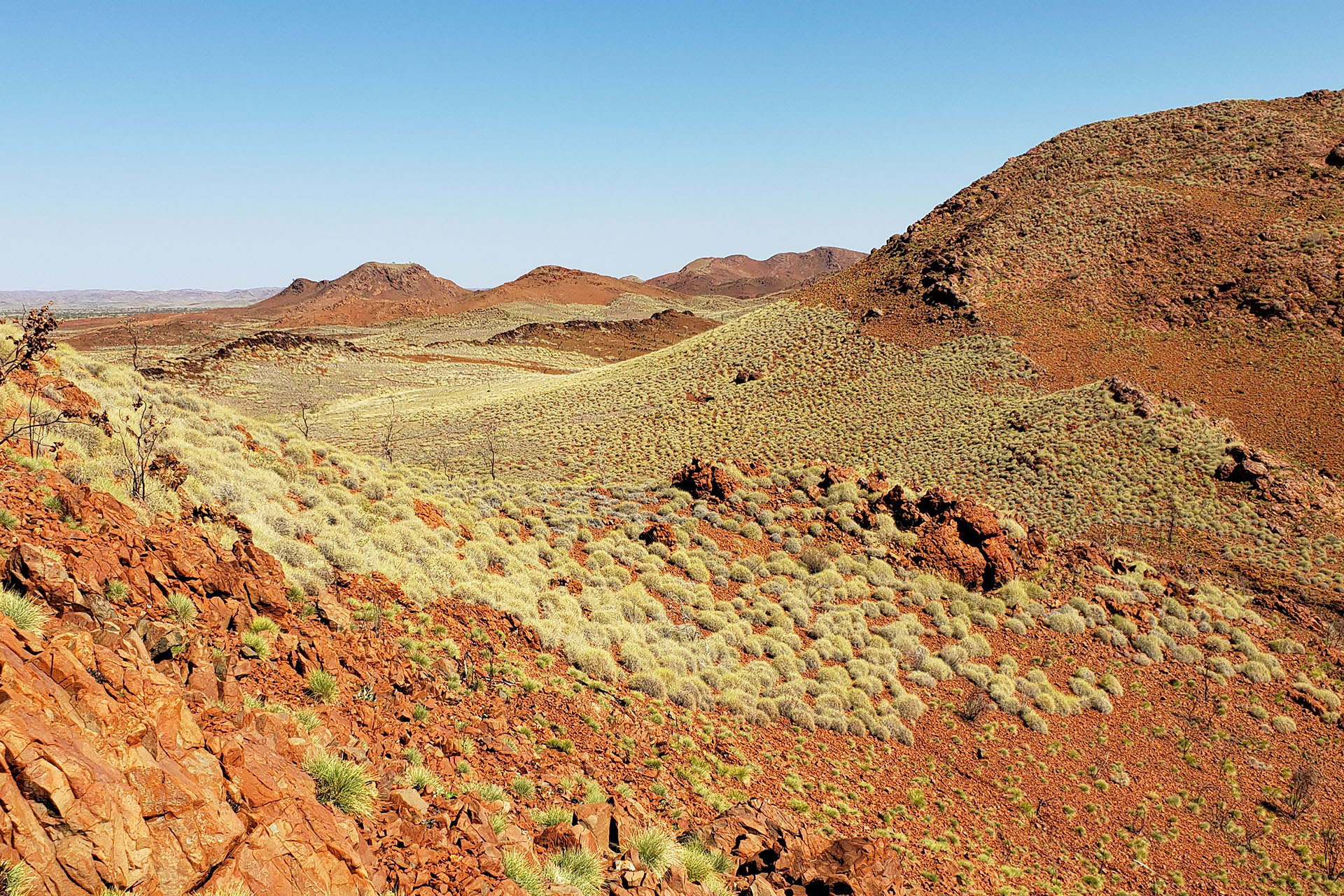
"The meteor at least 1 kilometer wide entered Earth's atmosphere and impacted Western Australia, unleashing a fireball estimated more than 8 miles wide."
"A study indicates that the impact event occurred no more than 2.7 billion years ago, creating a crater about 10 miles wide, diverging from earlier claims."
"This research not only helps understanding Earth's history but also presents geological features similar to Mars, influencing hypotheses on asteroid impacts there."
"The formation contains rocks up to 3.6 billion years old, originating from a time when Earth was covered in water and bombarded by asteroids."
A Harvard study challenges the earlier claim that a meteorite impact in Western Australia happened 3.5 billion years ago, asserting it was more recent, at 2.7 billion years ago, with a smaller crater than previously reported. The impact, thought to have been catastrophic, may provide insights into asteroid impacts and the history of life on Earth. Geological similarities to Mars could also inform understanding of asteroid-related phenomena on the planet. The research examines ancient rocks from the Archean Eon, revealing the early environmental conditions of Earth.
Read at Harvard Gazette
Unable to calculate read time
Collection
[
|
...
]